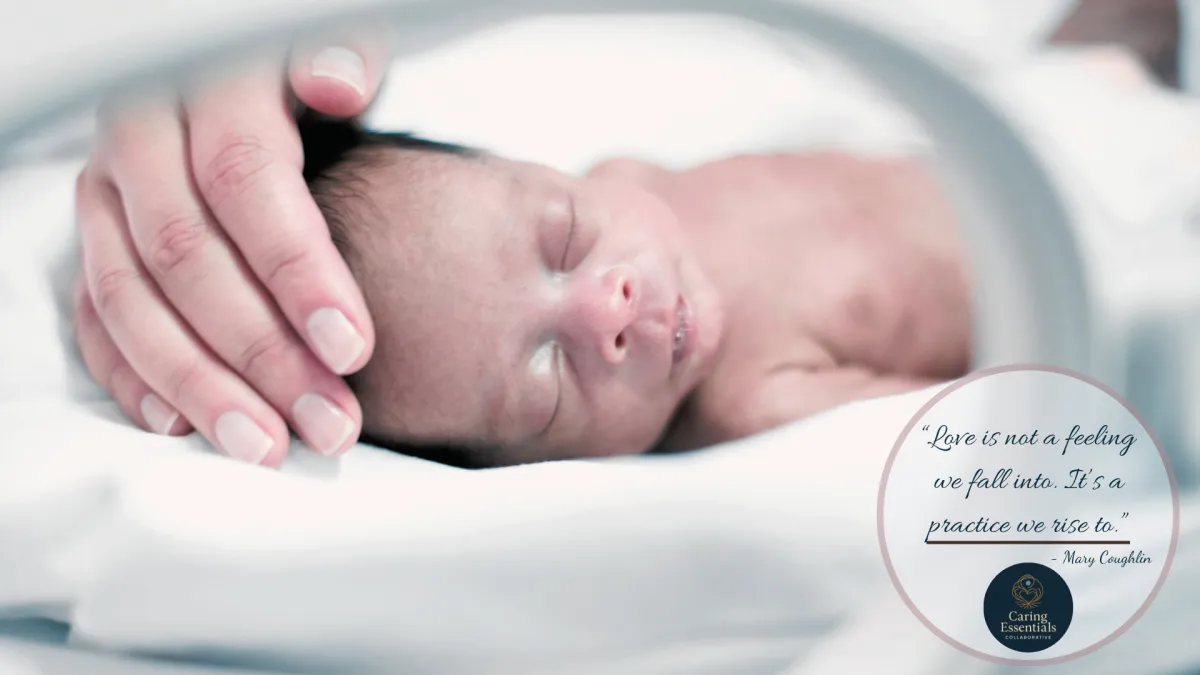
Love as a Systemic Force: Healing Society Through the NICU #2
"Love is not a feeling we fall into. It’s a practice we rise to.” – Mary Coughlin
Love as a Systemic Force: Healing Society Through the NICU #2
Week 2: Love as a Clinical Competency
In healthcare, we’re taught that compassion matters, but objectivity must come first. We learn to protect ourselves from the emotional weight of care, to build boundaries around empathy, to stay professional.
But what if love itself is professionalism at its highest form?
Love, in the practice of care, is not sentimentality or self-sacrifice. It’s disciplined presence — a way of being that communicates: You are safe here. You are seen. You belong.
I’ve watched this love unfold a thousand different ways in the NICU.
A nurse slows her movements to protect a baby’s sleep rhythm.
A physician takes time to explain a difficult update, making sure a parent feels respected rather than rushed.
A respiratory therapist adjusts a monitor quietly, aware that noise carries into a baby’s nervous system.
None of these acts show up on a performance review — but they shape outcomes just the same.
The science of Trauma-Informed Developmental Care tells us why: our nervous systems are built for connection. Safety and regulation are not created by policy or protocol; they are co-constructed in relationship. Caring Science reminds us that this is love in practice — the kind of love that heals cells, not just souls.
When love is treated as a clinical competency, everything changes. Communication becomes attuned rather than transactional. Teams function as ecosystems of belonging rather than hierarchies of control.
Parents and infants are held in a field of care that says, you matter here, exactly as you are.
Love isn’t an extra. It’s the structure. The integrity of every system depends on the love it is willing to embody.
Reflection Prompt
Think of a moment this week when you saw love expressed through skill — a tone, a pause, a gesture, an act of restraint.
What impact did it have?
How might you name and nurture those expressions within your team culture?
Science | Soul | Skill
Science: Emotional safety and co-regulation directly affect heart rate variability, oxygenation, and neurodevelopment in infants — and resilience in clinicians.
Soul: Love in practice is not indulgence; it’s integrity.
Skill: Before entering a room, take one breath and set an intention: “Let my presence communicate safety.”
Until every system remembers how to love,
Mary
